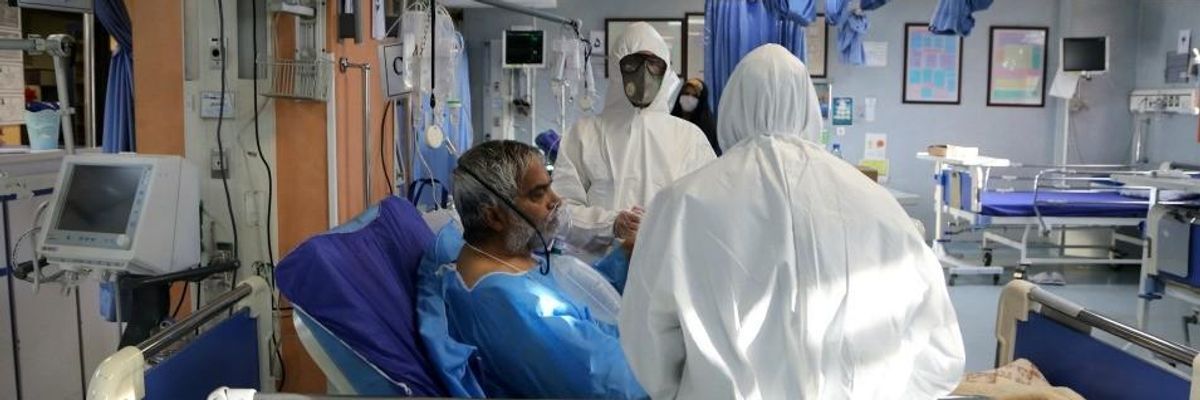"A bridge is no stronger than its weakest part." Former slave turned educator Anna Julia Cooper uttered those very contemporary-sounding words back in 1892. The US didn't heed them then; we haven't heeded them yet. The big question, brought home to us one more time by the Covid-19 crisis, is why not? What does American society so love about having weak parts that we refuse--year after year and epidemic after epidemic--to shore up?
Most Western European nations took steps to strengthen the weakest parts of their health systems some time between 1918 and the so-called Spanish flu and AIDS.
"Illness is neither an indulgence for which people have to pay, nor an offense for which they should be penalized, but a misfortune, the cost of which should be shared by the community," said Aneurin Bevan, the former coal miner turned health minister who reformed the UK's healthcare system. Resisting opposition from politicians and the British equivalent of the AMA, the National Health Service Act was passed in 1946, nationalizing more than 2,500 hospitals. It's those hospitals Britons are cheering on now.
President Truman was proposing exactly the same sort of thing at the same time. But, in Washington, the AMA attacked his bill as socialism and accused the Truman administration of following the Moscow party line. Twenty years had to pass before President Lyndon Baines Johnson signed Medicare and Medicaid into law, and forty five more before President Obama's Affordable Care Act.
And still, here we are. Americans lack a national health care system, the country's pockmarked with healthcare deserts, and millions of what Truman called "normally self-supporting" people are just one layoff or one virulent virus away from disaster--as we're now seeing.
Private greed, then, masked anti-socialism, and an interest in keeping workers on an economic brink is one part of the answer of why we've thus far ignored Anna Julia Cooper.
Another part is surely racism and sexism and disdain for the poor. As Mab Segrest's new book Administrations of Lunacy recounts in her history of a 19th century Georgia mental hospital, even faced with definitive research that patient life expectancy could be doubled by adding nutrients to their diets, white doctors chose to stick to their belief that black patients and women and the poor and destitute were simply physically and spiritually weaker (than affluent whites). Accepting a public health approach would have been costly to administrators' bottom line and their pro-segregation views, says Segrest.
In other words, instead of erasing our weak parts we've raced them, blaming vulnerability on the vulnerable and hoping the bridges wouldn't break where we are. But as Cooper also said, "If one link of the chain is broken, the chain is broken." Covid-19 is tugging on that chain. This time, will we learn?
